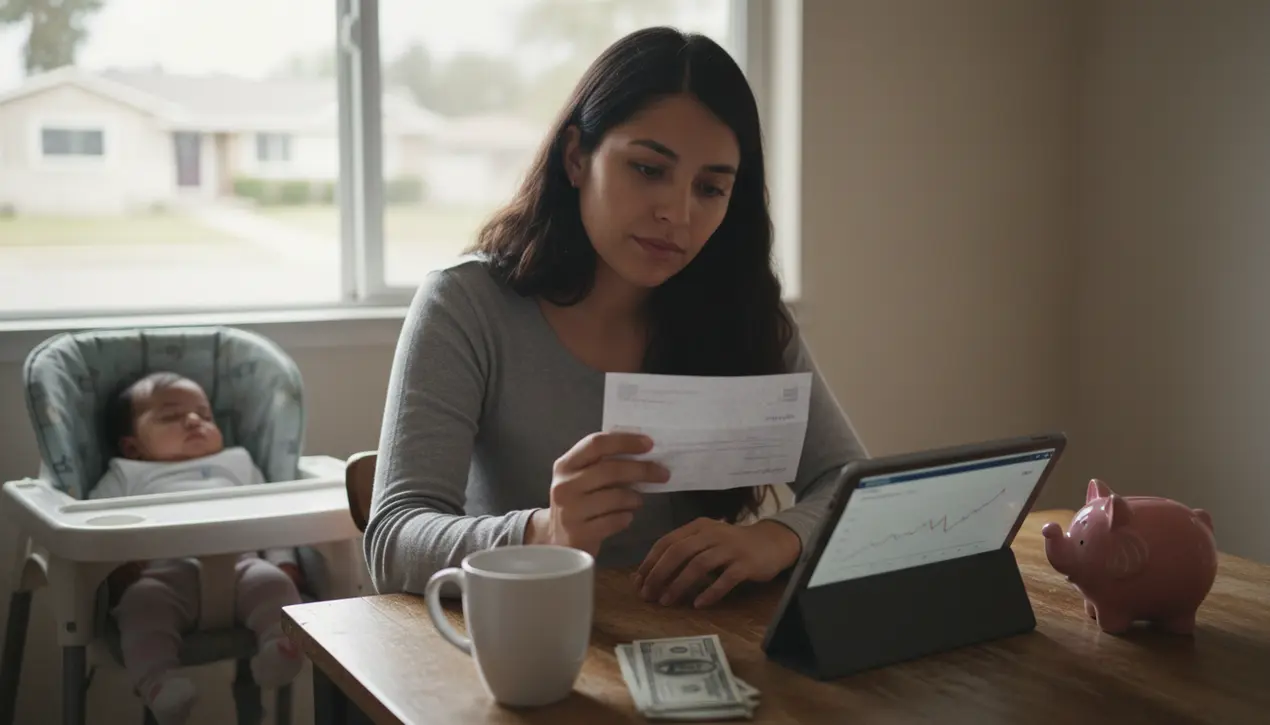
FinancemacroeconomyEconomic Stimulus
Why Treasury wants Americans to save Trump's $2000 checks
ET
Ethan Brown
2 hours ago7 min read
The Trump administration is making a fascinating psychological play with its proposed $2,000 tariff dividend checks, hoping Americans will act more like savvy investors than immediate consumers. Treasury Secretary Scott Bessent recently floated the idea that instead of spending this windfall, people might be persuaded to funnel it into newly created 'Trump accounts' for their children.This isn't just a hope; it's a strategic calculation aimed at threading a very fine economic needle. On one hand, the administration is publicly contending that inflation is under control and price relief is imminent, a necessary narrative amid a persistent affordability crisis that has squeezed household budgets.On the other hand, it's preparing to inject hundreds of billions of dollars into the economy, an action that historically carries a significant risk of reigniting the very inflationary pressures it claims to have tamed. This creates a fundamental tension, and the government's desired outcome—mass saving over mass spending—is an attempt to resolve it.The policy's timing is conspicuously political, with checks slated to start flowing in mid-2026, just ahead of the midterm elections, though officials readily admit passing the necessary legislation remains a hurdle. The sheer scale is staggering, with some estimates placing the total cost at around $450 billion, a figure that would make it one of the largest direct cash infusion programs in recent history.The 'Trump accounts' themselves are a key part of this architecture. Established by earlier legislation, these accounts are designed for children born between 2025 and 2028, seeded with an initial $1,000 from the Treasury and allowing for annual parental contributions up to $5,000.The administration's hope is that these accounts will serve as a compelling savings vehicle, transforming a potential consumption boom into a long-term investment in the next generation's financial future. This approach finds some support in historical data.A National Bureau of Economic Research study on the 2020 CARES Act stimulus found that only about 40% of the payments were immediately spent, with 30% used to pay down debt and another 30% saved. Subsequent analysis by the New York Fed confirmed that later stimulus rounds also saw a significant portion directed toward debt reduction or savings rather than pure consumption.However, the current economic environment is markedly different. With many families still feeling the pinch from higher prices and depleted emergency funds, the temptation to use a $2,000 check for groceries, rent, or credit card bills may be overwhelming, undermining the government's save-first directive.From a personal finance perspective, this situation presents a classic case of behavioral economics in action. The government is essentially trying to 'nudge' citizens toward a decision that benefits long-term macroeconomic stability and individual wealth building, but it's competing against immediate financial needs and wants.For the average family, the optimal choice involves a difficult trade-off. While investing for a child's future is a powerful wealth-building tool, achieving a solid financial foundation often requires addressing high-interest debt first and ensuring a robust emergency fund.The success of this entire initiative remains deeply uncertain. The administration has not yet proposed a bill to authorize the checks, and key details, such as eligibility criteria, are still undefined.The ultimate impact will depend on a complex interplay of consumer confidence, the state of the economy in 2026, and whether the promised 'Trump accounts' are marketed effectively enough to capture the public's imagination. It's a high-stakes gamble, attempting to use a massive fiscal stimulus not as a short-term economic boost, but as a catalyst for long-term national savings, a move that could either be a masterstroke of policy design or a significant miscalculation with inflationary consequences.
#Trump administration
#$2000 checks
#inflation
#tariff dividend
#Trump accounts
#savings
#economic policy
#featured
Stay Informed. Act Smarter.
Get weekly highlights, major headlines, and expert insights — then put your knowledge to work in our live prediction markets.
Comments
Loading comments...
© 2025 Outpoll Service LTD. All rights reserved.